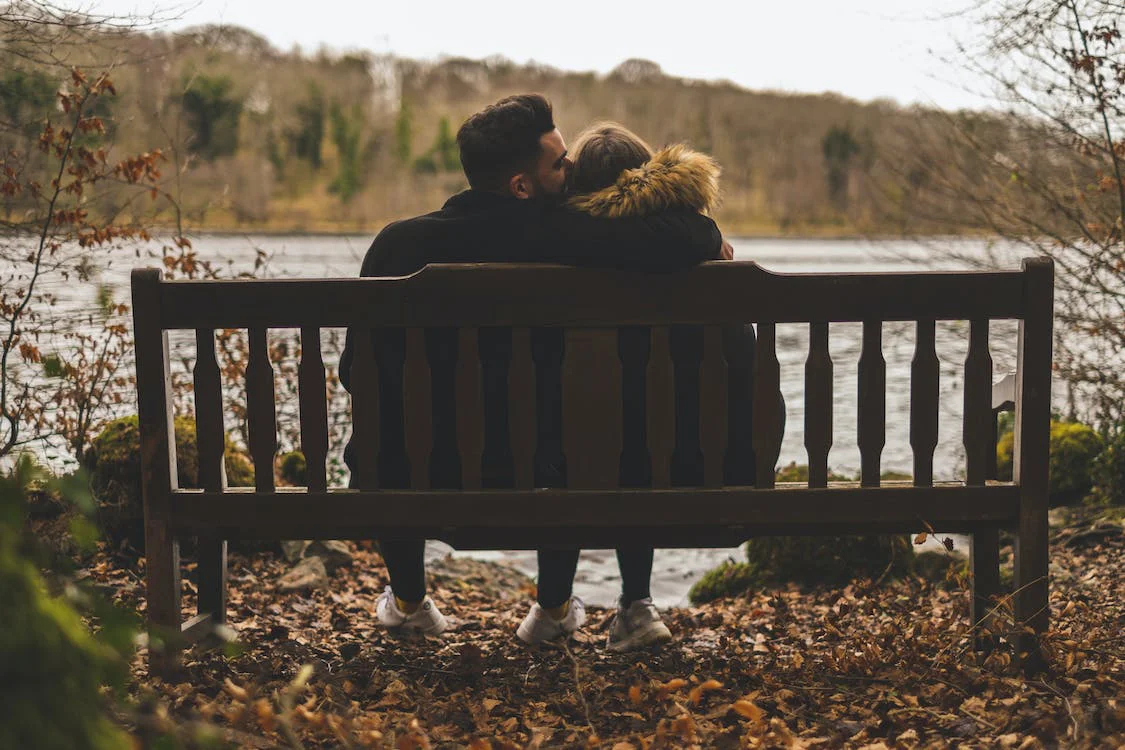In a Romantic Relationship? Things to Keep in Mind for Your Safety!
5 minuteRead

Relationships are fun and exciting. However, making sure they’re healthy is extremely important. The best way to do that is by creating boundaries. Whether it’s a friendly or romantic relationship, feeling safe and secure is important. Neither of the partners wants to be taken for granted. Therefore, it is important to learn how to create emotional safety in a relationship. Safety in a relationship is a two-way streak. You cannot demand respect and honesty if you don’t practice the same. Also, an emotionally and physically safe relationship creates a stronger connection. Start by taking small yet effective steps and you’ll definitely see your relationship go a long way.
Through this blog, we aim at discussing how you can create personal safety in relationships while dating.
Tips to Create Emotional Safety in a Relationship

- Respect Each Other’s Boundaries
When you’re dating someone, you almost feel like that person belongs to you. As the romantic relationship progresses, belongingness turns into entitlement. That is when things can get a bit problematic. For a relationship to be healthy and safe, it is important to create boundaries. Some of them include physical, emotional, intellectual, sexual and financial boundaries. It is important to respect your partner’s body, personal space and ideologies. Breaching of boundaries is a major red flag in a relationship. Romantic relationship boundaries are similar to driving on a road. It is important to stay in your lane. If you drive on the other side of the road, you can meet with an accident.
- Boundaries eliminate Blame
Another way in which boundaries help is that it reduces the tendency of blame. In a relationship, each person should know what they are responsible for. Every individual should be responsible for their own bodies, thoughts, preferences, values, emotions and attitude. For example, if you don’t want to be touched, you have the right to say no. Early in a relationship it is important to set boundaries so that there is no blame game later on. Clear boundary lines in a relationship help both the partners to understand where to start and stop. When these lines are respected, emotional intimacy grows. Some boundary violations in a relationship include – saying yes to a partner only to please them, making them feel guilty and trying to control their thoughts and behaviour by manipulating them. All these violations are a threat to emotional safety.

- Open Communication is Necessary
In any relationship, communication is key. It forms the basis for respect and honesty. Communicate your thoughts with your partner honestly and clearly. It is okay to disagree on certain topics or argue sometimes but at least let the other person know how you’re feeling. If you don’t talk things out together, it can jeopardise your relationship completely. Emotional safety in a relationship isn’t always about words. Actions speak louder too. As much as you pay attention to your choice of words, body language matters. Your tone, posture and other micro-expressions can have a direct impact on how you make the other person feel. Thus, body language is essential for emotional safety.
- Let go of Toxic Thoughts
There may have been a time when your partner hasn’t been at the best of their behaviour. Instead of judging them for it, do your part and give them a benefit of doubt. Don’t hold on to old labels you may have for them. The best way to seek emotional safety is by opening yourself to see them differently. Labelling is where most of the problems arise. The damage usually occurs when you don’t strive to change your thought process. You will be able to create a safe environment when you shift toxic thoughts to positive and loving thoughts. Name-calling is another red flag in a relationship.
- Validate their Feelings
To create emotional safety in a relationship, it is important to validate your partner. If they have certain thoughts and emotions, allow him/her to express them. Emotional safety in a relationship begins when we understand that every human is wired differently. No two people react to a certain situation in the same way, right? The best way to let your partner know they are safe in a relationship is by letting them know that their emotion makes sense. There may be times when you don’t understand it. However, that may be their perspective. When you validate what they have shared with you, they will feel more encouraged to open up. In a healthy relationship, it is important for both the partners to know that they are not alone in their struggle.
- Reinforce Commitment
Using exit language is something that can jeopardize a relationship. There are couples who use the word “break up” for every small thing. This kind of behaviour is extremely damaging as it can make either of the partners feel unsafe and insecure. The best way to create a safe space is by constantly reminding each other that you’re in this together. Reinforce the fact that you and your partner are in this together. The damage is done when you withdraw or shut down completely. Safety is created when you focus on resolutions and figuring things out.

- Seek Counselling or Therapy
Establishing emotional safety in a relationship is easier said than done. There may be times when neither you nor your partner might understand what is happening. Instead of focusing on the conflict, focus on how you can deal with the conflict. A good place to start is by seeking couples therapy. Speak to a mental health expert or relationship advisor to see how you can resolve an issue. They will help you establish healthy communication strategies and will also chalk out ways in which you can deal with conflict.
Emotional safety is a major component of a healthy relationship and it should not be compromised at any cost. The above-mentioned points are a few ways in which you or your partner can foster emotional safety. Remember, every couple is different and not everything might apply to you. However, with mutual trust and unconditional support, you will definitely find yourself seen, understood, heard and of course, safe.
Write, Record and Answer! Consume Unlimited Content! All you need to do is sign in and its absolutely free!
Continue with one click!!By signing up, you agree to our Terms and Conditions and Privacy Policy.










